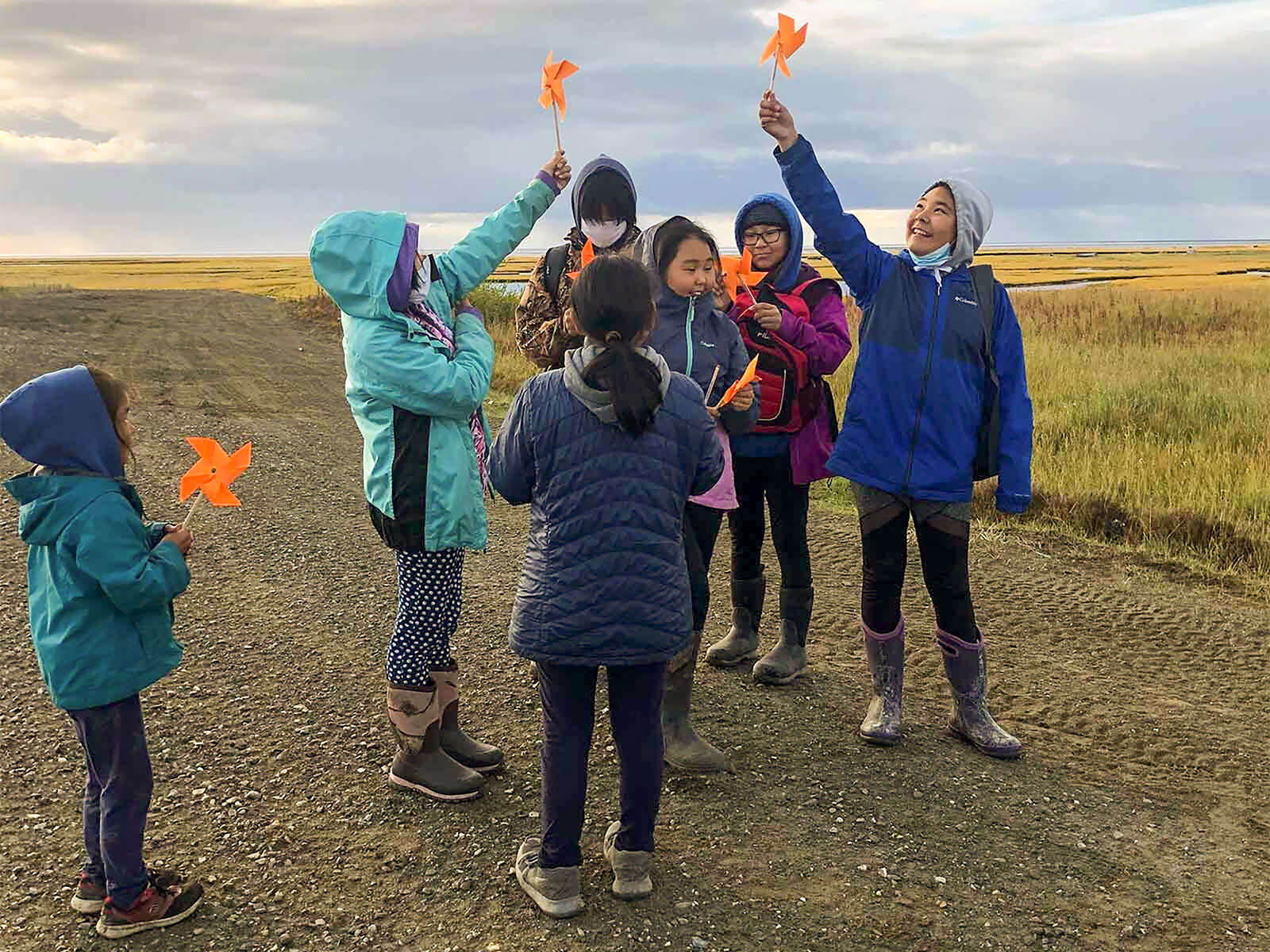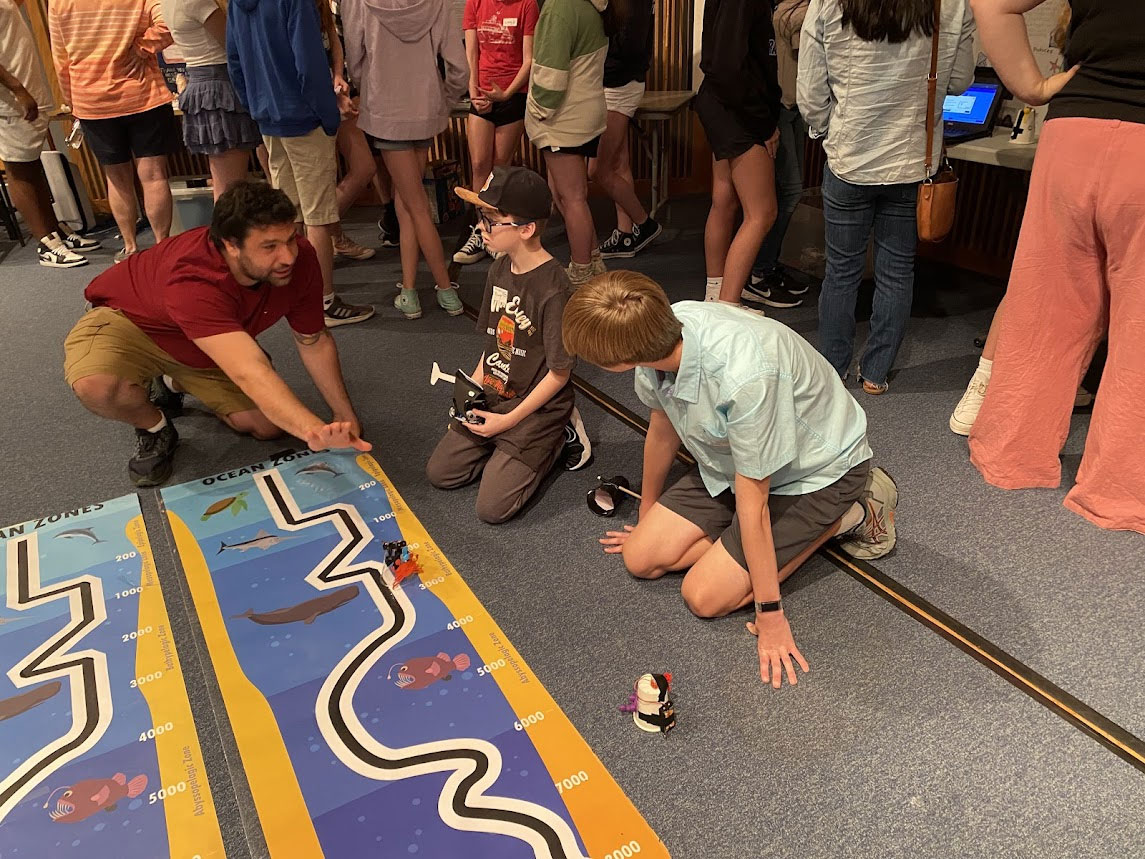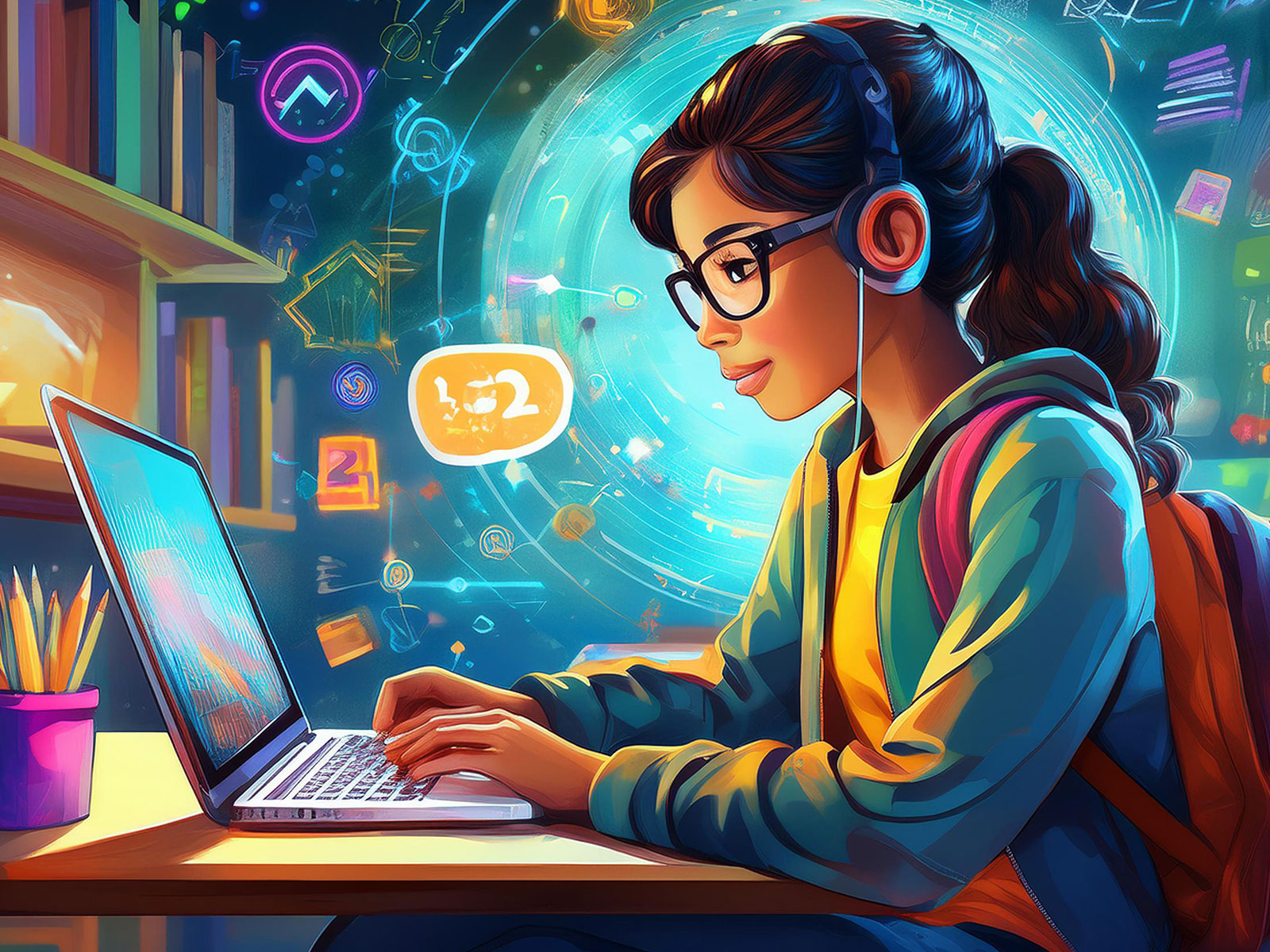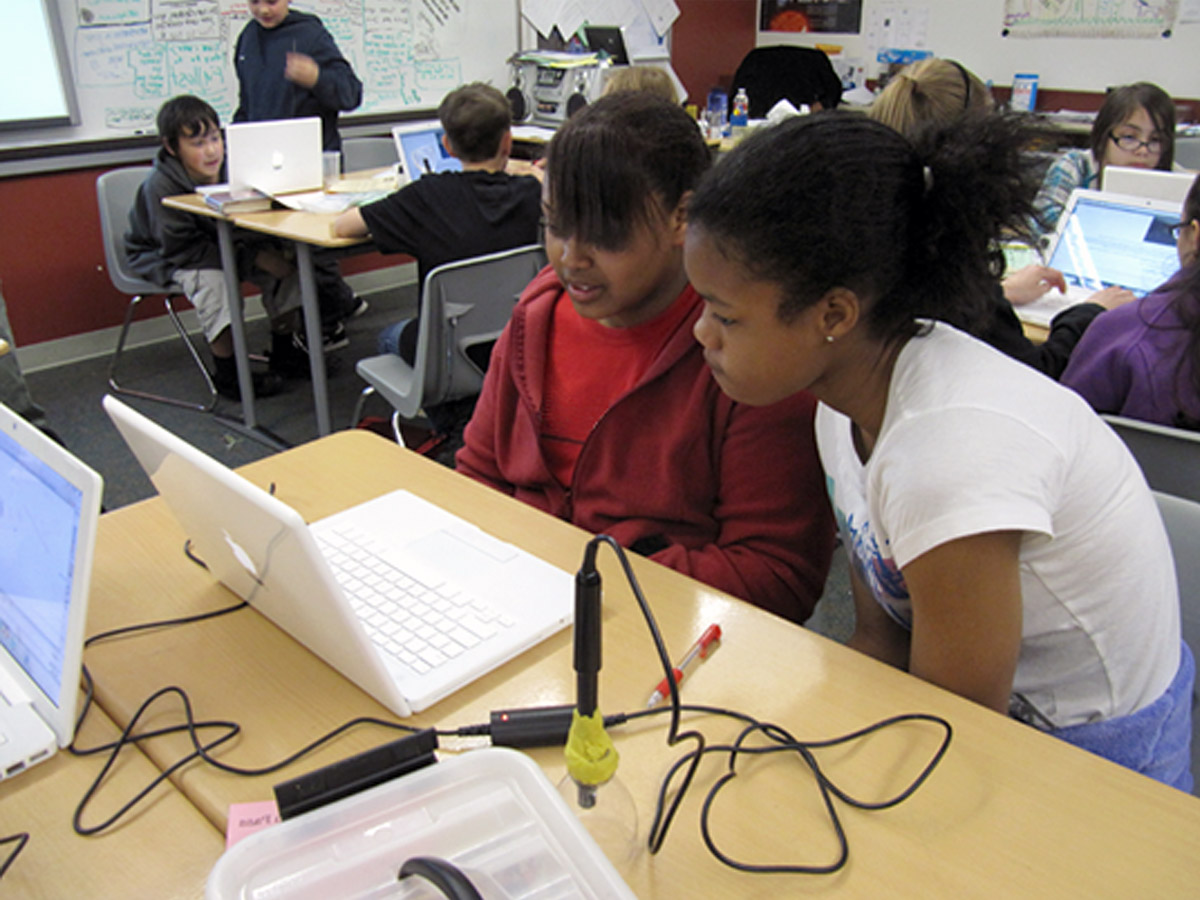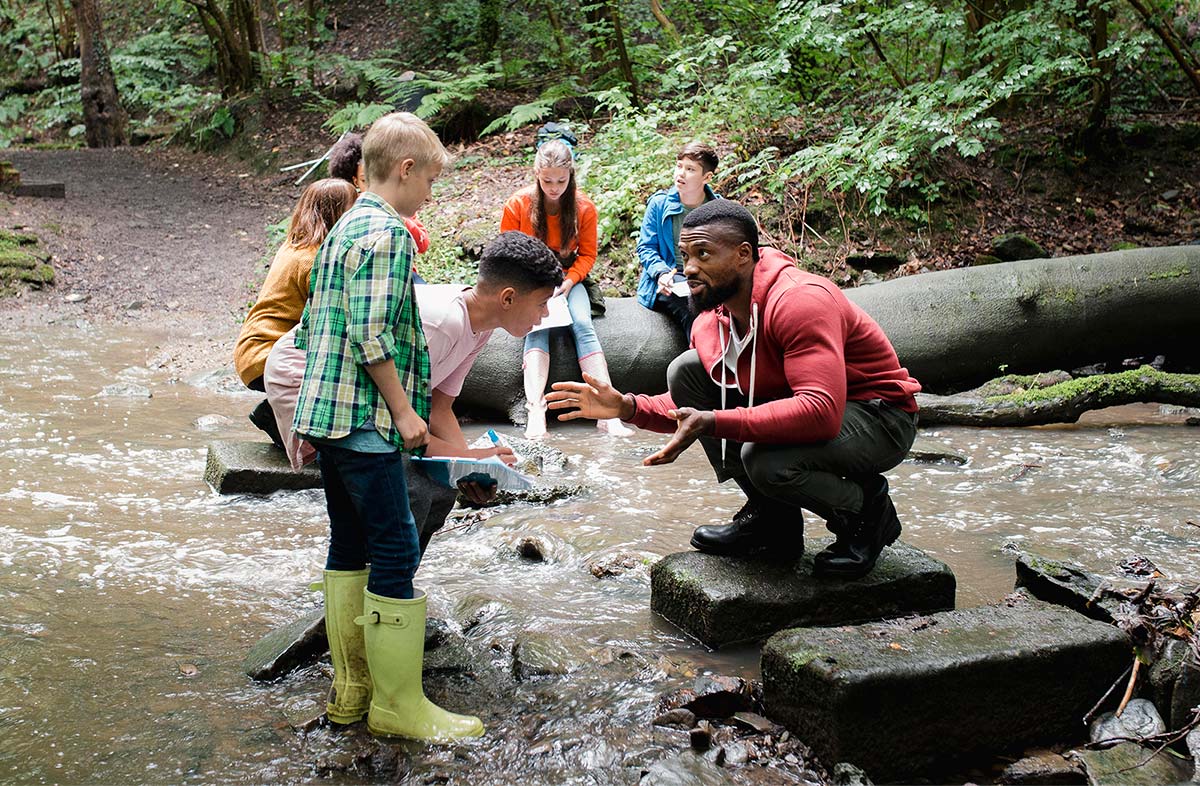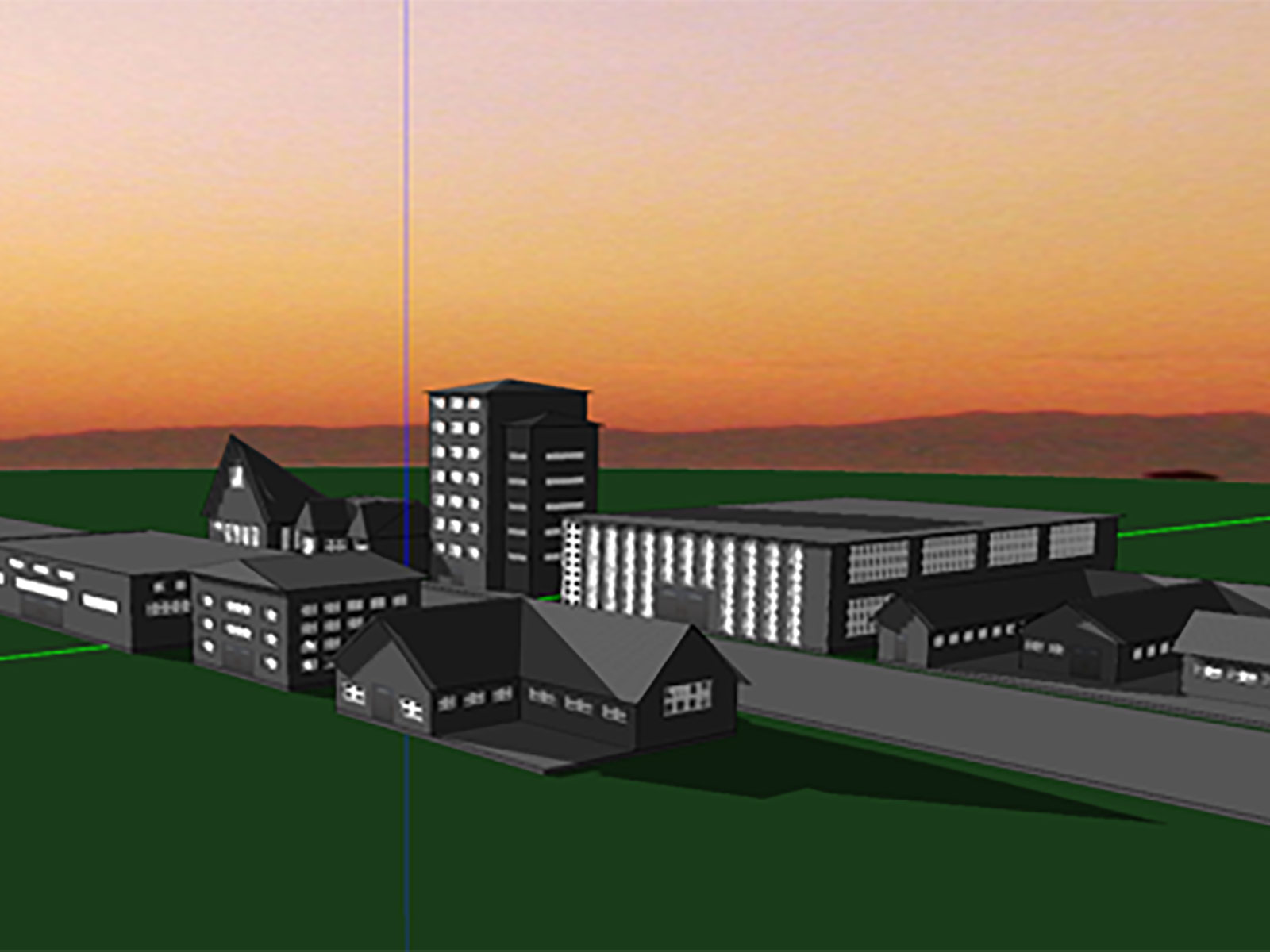Mobile Online Studio
Importance
Today’s students face a future riddled with challenges, including clean water access, increasing biodiversity loss, and climate change. These challenges are particularly thorny because the underlying problems are ill-structured and can be perceived in multiple ways. Such problems require combining technical science and engineering principles with social and contextual considerations and leveraging those intersections to think creatively about solutions, making these challenges especially “wicked” and difficult to solve. Students need multiple opportunities to approach such open-ended, ambiguous problems to become innovative citizens and leaders.
The Next Generation Science Standards call for students to engage in science and engineering design practices. In addition to providing important skills for complex problem solving, engineering design holds great potential as a learning environment where students can explore and draw connections across STEM fields, consider social factors that impact and are impacted by their technical decisions, and creatively explore problems where there are multiple right answers.
The Mobile Online Studio project is creating activities for middle and high school students in front-end design in which students engage in socioscientific reasoning and creative thinking while improving their design thinking skills. Front-end design—which includes defining and exploring problems; gathering information about technical, social, and contextual elements; developing constraints; and generating diverse ideas—presents a unique opportunity for student-driven integration of science and engineering with social factors to develop multiple innovative ideas.
To facilitate students’ learning to engage in complex challenges and advance students’ socioscientific reasoning and design thinking abilities, the project is developing a computer-mediated design environment that enables students to collaboratively engage in front-end work by exploring contextual and technical aspects of problems and solutions and generate diverse design ideas. The platform will incorporate an AI-powered virtual design mentor, which will suggest ways for students to creatively explore ideas within their problem contexts.
Research
Our research seeks to understand how students develop as design thinkers by learning front-end design skills, reason through socioscientific issues in the context of engineering design and Earth science, and draw connections between ideas, concepts, and skills in science, engineering, and societal topics. Additionally, we are employing a design-based research approach to developing the MODS platform and AI design mentor to study how students interact with the platform and agent, how it helps or hinders them, and how we can iteratively improve and extend student scaffolding and support.
Our research is guided by the following questions:
- How do students engage in design thinking activities, including problem definition, idea generation, and design evaluation in the project?
- In what ways and to what extent do students integrate science, engineering, and social considerations, including information about stakeholders, context, and their own experiences, through socioscientific reasoning and design thinking in their understanding of the problem and creation and justification of their design concepts?
- How do students interact with the design mentor while designing, and to what extent do students’ idea generation, design evaluation, and science, social, and engineering integration outcomes differ across versions of the design mentor from the simple to enhanced mentor?
- In what ways and to what extent do front-end engineering design activities in the context of systems science disciplines impact students’ interest and perceptions of science and engineering and engineering self-efficacy?
Publications
- Bondaryk, L. (2024). Under the hood: Sensemaking rubrics for AI. @Concord, 28(1), 14.

